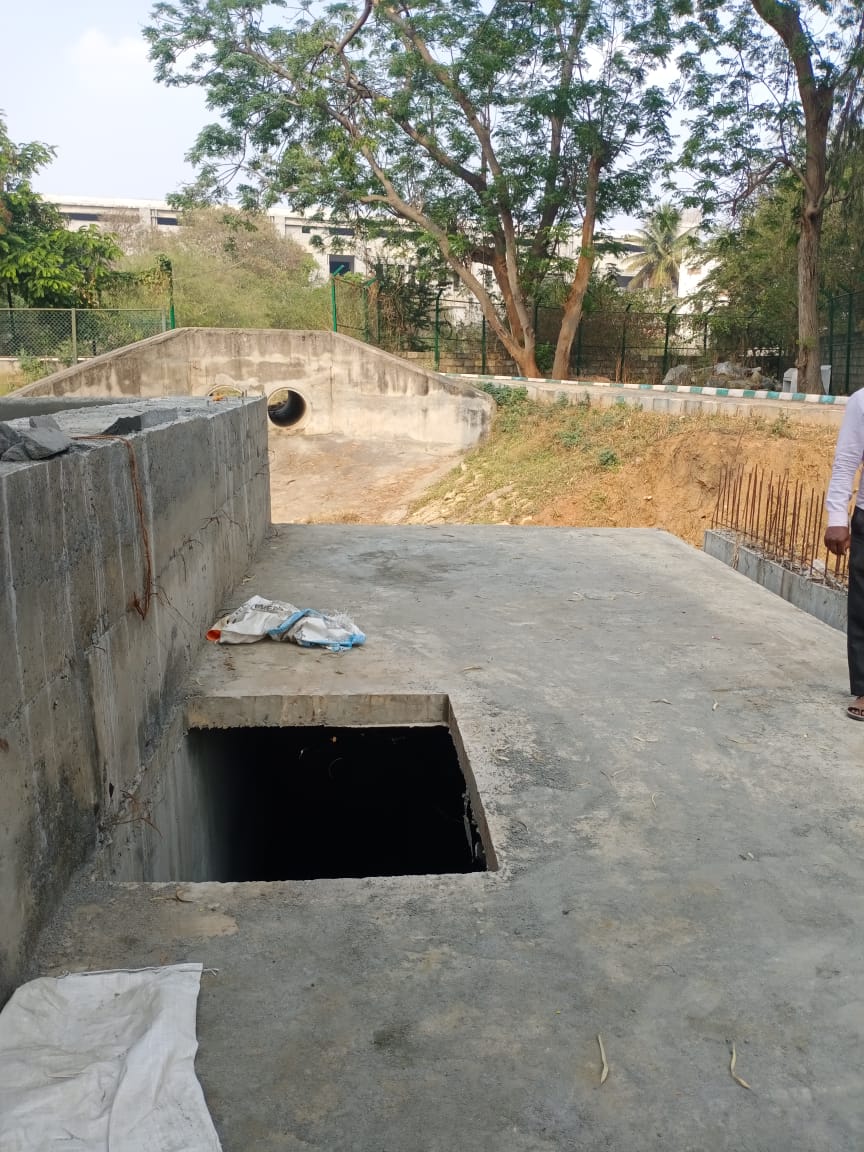SEWAGE TREATMENT PLANT IN BANGALORE

A sewage treatment plant (STP) is a facility designed to treat and process wastewater (sewage) before it is released back into the environment or reused for various purposes. The primary goal of sewage treatment is to remove contaminants, pathogens, and pollutants from wastewater to ensure that it does not pose a threat to public health or the environment. In this stage, large solids such as debris, rocks, and plastics are removed from the sewage through physical processes like screening and grit removal. This prevents damage to downstream equipment and processes. The sludge generated from primary and secondary treatment is further treated to reduce its volume and potential environmental impacts. Common sludge treatment methods include anaerobic digestion, aerobic digestion, and mechanical dewatering. The treated sludge can be used as a soil conditioner or disposed of in a landfill. Sewage treatment plants vary in size and capacity, from small community-based plants to large municipal facilities. The treated wastewater, often referred to as effluent, can be released into rivers, lakes, or oceans, depending on the regulatory requirements and the quality of the treated water. Alternatively, it can be used for non-potable purposes like irrigation, industrial processes, or groundwater recharge.
